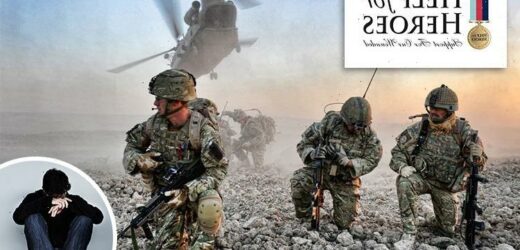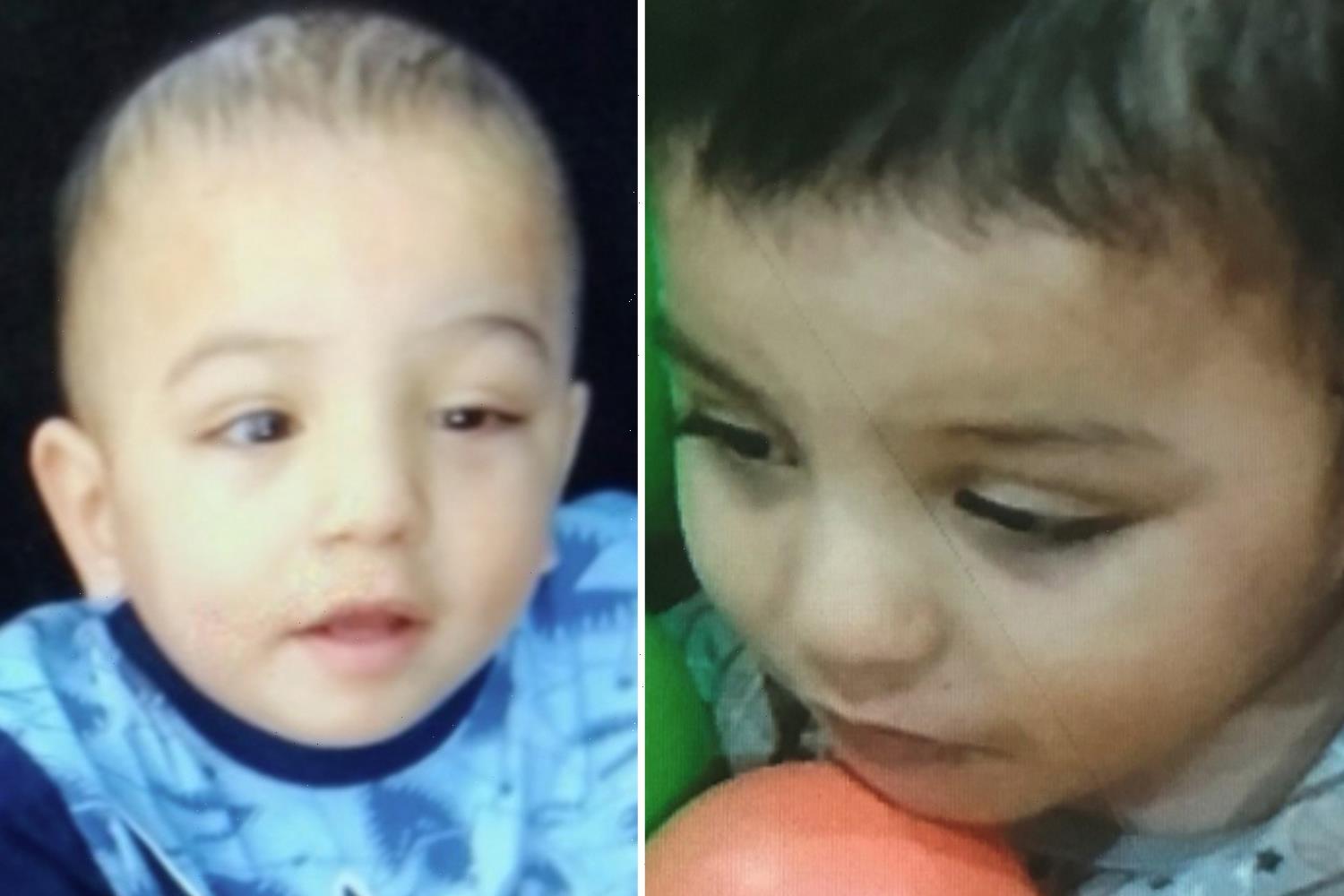IT’S time to start talking positively about mental health and our Armed Forces.
Our troops go through professional training where they learn how to become airmen, soldiers, sailors and marines.
They are strong people, proud to serve their country — and proud human beings.
And their resilience continues even if they are medically discharged or feel they have to leave the Forces and the jobs they love.
They just get on with it. They don’t complain.
Since 1991, more than 235,000 have been sent to fight on our behalf — a third of all those who have served as regulars since the start of the Gulf War.
That is a number greater than the population of Reading.
Many will have been to Northern Ireland, Bosnia, Iraq or Afghanistan multiple times.
But recent research by Kings College London shows that of the 757,000 regulars from 1991 to 2014, at least 66,000 will need some kind of support with mental or physical health needs in the years to come.
That means one in 11 of those who put on a uniform will need a helping hand at some point in their lives.
It is a shocking statistic by any measure. Life can be hard enough for these veterans as they take control of personal finances and navigate the jobs market on Civvy Street.
It is even harder if they have fallen foul of the justice system or have become homeless due to their mental health issues — often left undiagnosed.
 9
9At any one time in the UK, it is estimated that 17,000 wounded or sick veterans will be looking for employment.
Of those who have come to one charity, the Poppy Factory, 58 per cent have declared that their mental health is a barrier to getting back into work.
If you speak to any news reporter who has followed our brave boys and girls on missions, they will tell you stories of heroism and strength in some of the most dangerous places in the world.
But working in extreme conditions take its toll. As The Sun reported yesterday, the number of our troops medically discharged for mental health reasons is up 150 per cent.
Related Stories
BISMARCK CONQUEROR DIES War hero John Moffatt who helped sink the Bismarck dies aged 97 as Royal Navy calls him one of its 'greatest heroes'
Employers can help commemorate service heroes by offering jobs on The Royal British Legion job site
Army Cadet, 16, 'ordered by school to remove Help for Heroes wristband as it is classed as JEWELLERY'
SAS bosses forced to 'beg' government for money to patch up war heroes wounded in secret battles
 9
9Lib Dem peer Paddy Ashdown and Tory MP Johnny Mercer, have more than 25 years of service between them.
They were spot on when they said someone needs to be there when their former brothers in arms reach out for help.
Theresa May appears to be listening. Only last week she talked about the “burning injustice” around mental health and vowed to correct it.
In her own words, the Government must “step up” and help our troops, or risk leaving charities such as Walking With The Wounded and The Royal Foundation’s inspiring Heads Together campaign to pick up the pieces. We will hold her to her word.
Then there is the burning injustice concerning the poor compensation given to those with service-related mental health problems which won’t go any way towards helping them rebuild their lives. In many cases, the Government pays out far less to a veteran with a serious mental health injury than to one with an obvious physical injury, even if hidden wounds prove to be far more damaging.
Thankfully, more veterans are starting to speak their minds about the mental health impact of service.
In the last few days, Daniel Grobler who served in the Army Air Corps did just that.
He made an online video about the strength he found to beat the anxiety and numbness he felt after serving the country. He spoke about losing friends and fearing for his own life. Daniel admits that he was ready for those things, but in his own words: “What I wasn’t ready for was the emotional numbness or the depression, anger and anxiety I suffered. Some wounds are hidden.”
His bravery, long after the Iraq or Afghanistan wars, has led to record numbers of veterans or family members contacting Help for Heroes about support with anxiety or depression. Guided by healthcare professionals, it takes not just veterans but also their loved ones through simple steps to face and then deal with everyday issues ranging from depression to anxiety, low self-esteem and anger.
In the last week, Daniel’s story has prompted more than 150 people to seek help — men and women who have decided 2017 is the year they become the best they can be.
With the right framework in place from the Government, more and more of our veterans may start thinking that too.
— Melanie Waters is chief executive of Help for Heroes.
Source: Read Full Article













